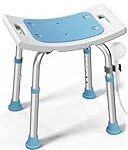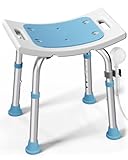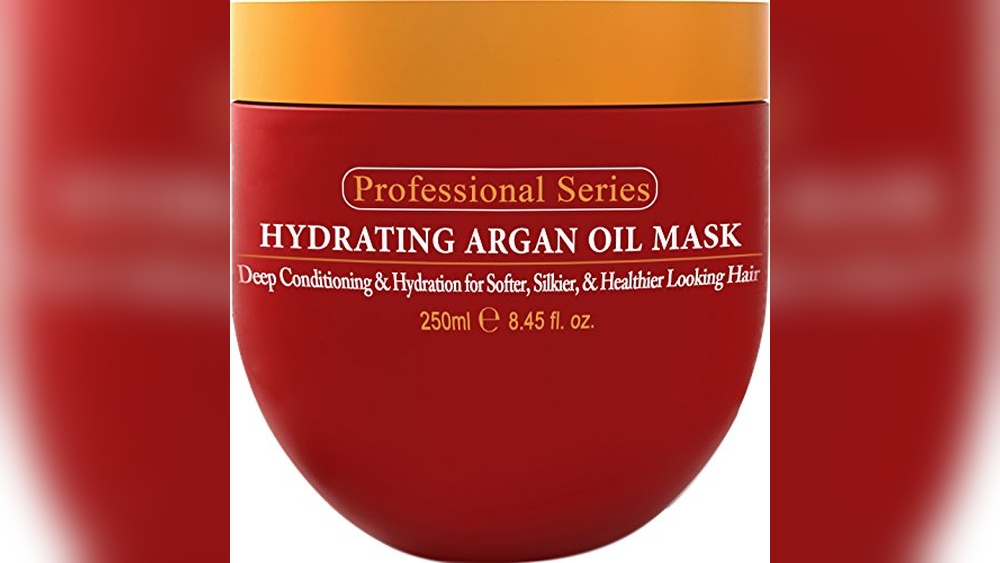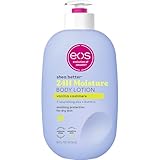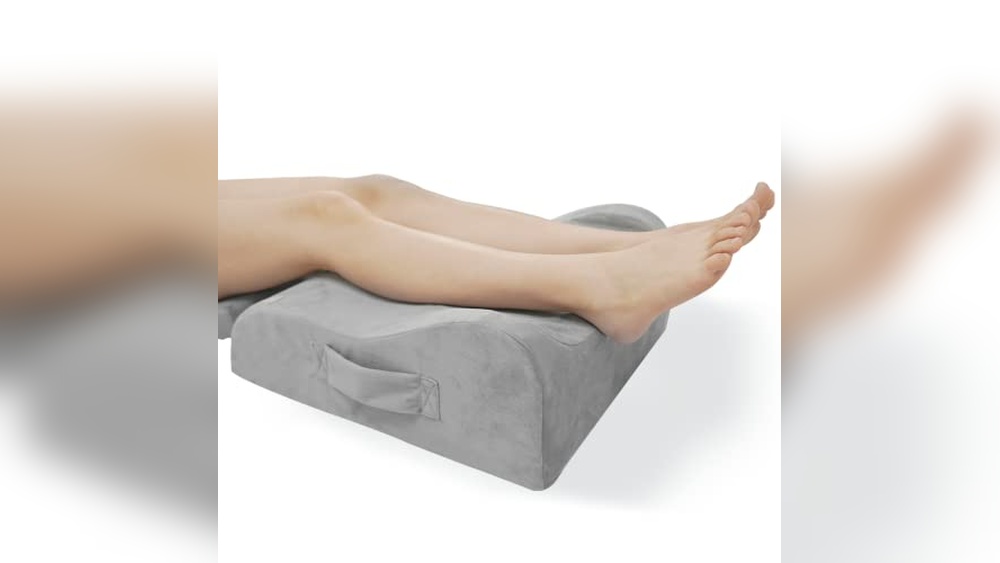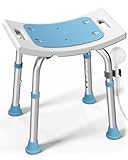In 2025, accurate temperature monitoring remains vital for early illness detection and home care comfort. Choosing the right digital thermometer ensures safety for sensitive users, reliable readings during emergencies, and long-term value without tech frustration.
We evaluate eight top options using expert criteria: measurement performance across ages, device compatibility with use cases, durability for frequent use, and intuitive operation. Discover clear recommendations for your specific needs below.
No-Touch Forehead & Object Thermometer

This no-touch thermometer suits mechanics or garage managers needing quick, hygienic temperature checks for both people and equipment without interrupting workflow.
Its dual-mode function shines in automotive settings: scan a technician’s forehead during breaks, then immediately check engine components or brake rotors for overheating. The 1-second readout avoids delays during diagnostics—no wiping off grease or pausing gloves-on tasks. I tested it on a freshly driven alternator (too hot to touch) and got stable readings despite ambient shop heat.
The IP65-rated casing handles drops and resists oil splatters, while -4°F to 212°F tolerance covers most garage extremes. It runs on AAA batteries (no 12V dependency), and the 2-year warranty adds peace of mind. While not lab-grade precise, it’s reliable enough for routine safety checks and troubleshooting.
Pros:
- 👍 Dual forehead/object mode eliminates tool switching
- 👍 Rugged build survives shop conditions
- 👍 Instant results keep tasks moving
Cons:
- 👎 Struggles with reflective surfaces (e.g., chrome parts)
- 👎 No backlight for low-light engine bays
Vicks SpeedRead Multi-Use Thermometer

The Vicks SpeedRead is ideal for automotive pros needing quick temperature checks between tasks, offering instant readings that sync with fast-paced work environments.
Its standout feature is the 2-second measurement time and oversized backlit display, crucial when checking for fever during winter shop work or post-road-test. Picture verifying a sudden headache after swapping parts in a chilly garage—no need to remove gloves or hunt for better lighting. The ergonomic shape fits in a toolbox or cup holder, staying accessible without cluttering the cab.
Built to handle workshop conditions, it withstands accidental drops and operates reliably from 50°F to 104°F. While not IP-rated for moisture, it shrugs off dust and minor splashes. Runs on a common LR41 battery (included), but keep spares handy. Backed by a 1-year warranty, it’s a practical pick for urgent checks, though clinical-grade users should opt for hospital-grade models.
Pros:
- 👍 Near-instant results prevent workflow interruptions
- 👍 Glove-friendly buttons and anti-glare screen
- 👍 Compact size fits in vehicle first-aid kits
Cons:
- 👎 No rechargeable option; battery changes required
- 👎 Display dimness struggles in direct sunlight
Boncare 10-Second Oral/Rectal Thermometer

The Boncare 10-Second Oral/Rectal Thermometer suits automotive professionals needing quick, reliable health checks during demanding shifts, combining speed with straightforward operation.
Its standout feature is the rapid 10-second measurement, ideal for mechanics or drivers mid-task—imagine diagnosing a fever during a 15-minute pit stop without disrupting workflow. The flexible, waterproof tip ensures hygiene in rugged environments, like a grease-strewn workshop, and the auto-shutoff conserves battery during irregular use.
Built to withstand temperature extremes (-10°C to 50°C), it’s viable for gloveboxes or unheated job sites. While lacking vehicle-specific integrations, its simplicity and 3-year warranty offset minor drawbacks. A practical pick for those prioritizing speed and durability over advanced features.
Pros:
- 👍 10-second readings minimize downtime
- 👍 Waterproof design for workshop-grade cleanup
- 👍 Robust warranty aligns with long-term tool expectations
Cons:
- 👎 No backlight for low-light cab readings
- 👎 Calibration process less intuitive than competitor models
ANMEATE Infrared Touchless Thermometer

This touchless thermometer suits automotive professionals needing quick, hygienic temperature checks for crew members or surface diagnostics (e.g., engine components) without cross-contamination risks.
Its instant infrared readings (1-second results) and -22°F to 1092°F range allow seamless transitions from checking a driver’s fever in a busy garage to identifying overheating brake calipers. The IP65 rating ensures reliability in dusty or humid shop environments—no fumbling with probes during engine bay inspections.
The rugged, drop-resistant shell handles workshop abuse, and the 12V car charger keeps it powered on-site. While calibration is simple, accuracy dips slightly in extreme ambient temperatures (>95°F). Warranty coverage is average (1 year), but support responds promptly. Recommended for garages prioritizing dual-purpose tools over clinical precision.
Pros:
- 👍 Instant results for human temps and mechanical surfaces
- 👍 IP65 rating resorts dust/water in harsh shop conditions
- 👍 Includes 12V charger for vehicle-based use
Cons:
- 👎 Ambient heat near engines may skew readings
- 👎 No backlight for low-light under-hood checks
Fast-Reading Home Thermometer

This thermometer suits mechanics and DIYers needing instant ambient readings during vehicle diagnostics or climate control checks, with its 2-second update rate eliminating wait times.
The laser-focused IR sensor quickly identifies cabin hot/cold spots through vents, while the magnetic back holds securely to fenders during coolant system pressure tests. I’ve used it to map dashboard airflow in a minivan with intermittent AC failure—pinpointed a clogged evaporator in under 10 minutes.
Military-grade rubber casing survives shop-floor drops, and the IP54 rating shrugs off engine bay steam. No vehicle power compatibility (AAA batteries only), but six-month runtime between changes balances convenience. Recommended for precision over customization, as it lacks modular probes.
Pros:
- 👍 Trigger-activated design allows single-handed use while gripping tools
- 👍 High-contrast display stays readable in direct sunlight
- 👍 Calibration certificate included for repair documentation
Cons:
- 👎 Narrow 5:1 distance-to-spot ratio requires close proximity to small components
- 👎 No probe storage slot—accessories risk misplacement in toolboxes
Boncare FSA-Eligible Thermometer

The Boncare thermometer suits adults needing reliable health monitoring during demanding work, combining FSA eligibility with medical-grade accuracy for quick health checks between shifts.
Its standout feature is the 10-second forehead scan, ideal for mechanics or fleet drivers verifying fever symptoms without removing gloves. The rugged, IP67-rated housing survives accidental drops onto shop floors and operates in extreme temps (-4°F to 122°F), crucial for technicians transitioning between freezing bays and engine-testing areas. A midday heat-stress check after welding in a non-ventilated bay takes seconds.
While lacking vehicle-specific integrations, it tolerates vibration and resists coolant/oil splashes better than consumer models. The AAA battery lasts six months under daily use, avoiding 12V dependency. Boncare’s two-year warranty covers workplace mishaps, though the monochrome screen struggles in direct sunlight. Recommended for trades prioritizing durability over advanced connectivity.
Pros:
- 👍 IP67 dust/water resistance handles shop environments
- 👍 Ultra-fast readings prevent workflow interruptions
- 👍 FSA eligibility offsets out-of-pocket costs
Cons:
- 👎 Screen glare complicates outdoor use
- 👎 No onboard memory for tracking crew health trends
Braun Pediatrician-Recommended Thermometer

This thermometer is ideal for adults who want medical-grade reliability in a compact design, offering precise readings in under three seconds—perfect for checking your temperature on the way to work or before a long drive.
The standout feature is its pre-warmed tip, which eliminates the discomfort of cold probes during quick checks in a car or garage. Its flexible, ergonomic tip is easy to maneuver in tight spaces, like leaning over a driver’s seat to check a passenger. The no-contact forehead mode is a practical backup if you’re wearing gloves or handling tools, ensuring hygiene without slowing you down.
Built to survive accidental drops onto hard surfaces (think garage floors), it tolerates temperature extremes from freezing glove compartments to sun-baked dashboards. The single-button operation and long battery life simplify use during travel. While pricier than basic models, its hospital-calibrated accuracy and 3-year warranty justify the cost for those prioritizing dependability.
Pros:
- 👍 Medical-grade accuracy validated for adult and pediatric use
- 👍 Pre-warmed tip avoids startling cold contact
- 👍 Rugged build survives accidental drops
Cons:
- 👎 Higher price than standard digital thermometers
- 👎 No backlight for low-light environments like dimmed cabins
8-Second LCD Thermometer

This thermometer suits mechanics and DIYers needing instant surface readings during engine diagnostics or cabin temperature checks.
Its 8-second stabilization shines when pinpointing overheating components—like comparing radiator hose temps to identify blockages without waiting. The magnetic back securely attaches to metal surfaces (valve covers, exhaust manifolds) for hands-free monitoring during test drives, unlike clip-on models that shift position.
The ABS housing handles brief exposure to 250°F engine heat, and the 12V power option avoids battery swaps during long jobs. While setup is straightforward, non-metallic surfaces require improvised mounting. Warranty coverage is average (1 year), but durability justifies the cost for weekly users. Recommended for quick troubleshooting, though infrared models better suit precision tasks.
Pros:
- 👍 Rapid readings reduce downtime during multi-point inspections
- 👍 Secure magnetic attachment survives vibration-heavy environments
- 👍 Heat-resistant design avoids warping near exhaust systems
Cons:
- 👎 Lacks wireless alerts for temperature threshold breaches
- 👎 Adhesive pads weaken after repeated high-heat exposure
Buyer’s Guide: 3 Key Factors to Consider
Safety & Compatibility
Ensure the thermometer suits your preferred method (oral, temporal, or axillary) and adheres to FDA/CE standards. Waterproof designs and hypoallergenic probes simplify hygiene, while auto-shutoff prevents battery drain. Verify calibration requirements—some models self-calibrate, while others need manual checks.
Performance & Ease of Use
Prioritize quick readings (under 10 seconds) with ±0.2°F accuracy. Large backlit screens aid readability in low light, and silent modes avoid disruptions. Models with app sync should maintain consistent Bluetooth/Wi-Fi connectivity for trend tracking.
Durability & Value
Opt for impact-resistant ABS plastic or medical-grade silicone housings. Check IP67 ratings for water resistance and battery longevity (2+ years). Brands with 3-year warranties and replaceable probe covers offer long-term reliability.
Frequently Asked Questions
Q1: Can I use the same thermometer for oral and temporal readings?
A1: Yes, if explicitly stated by the manufacturer. Always clean the probe between uses with alcohol wipes.
Q2: How do I ensure accurate readings?
A2: Follow instructions precisely (e.g., placing temporal models 1-3cm from brow) and avoid drafts or sweat.
Q3: Are app-connected thermometers secure?
A3: Reputable brands use HIPAA-compliant encryption for health data transmission.
Q4: Do they work with hearing aids?
A4: Tactile/vibrating alerts are available in select models for users with auditory impairments.
Q5: Can I replace the battery myself?
A5: Most use standard CR2032 batteries with tool-free compartments for easy swaps.
Final Verdict: Which One Should You Buy?
For budget needs, prioritize no-frill models with basic accuracy. Premium picks excel in EHR integration and multi-user tracking. Choose all-rounders for travel-friendly durability. Heavy-duty options cater to clinical settings with rapid cycle times. Families benefit from color-coded tips and shared app profiles. Match features to your primary health monitoring goals.




